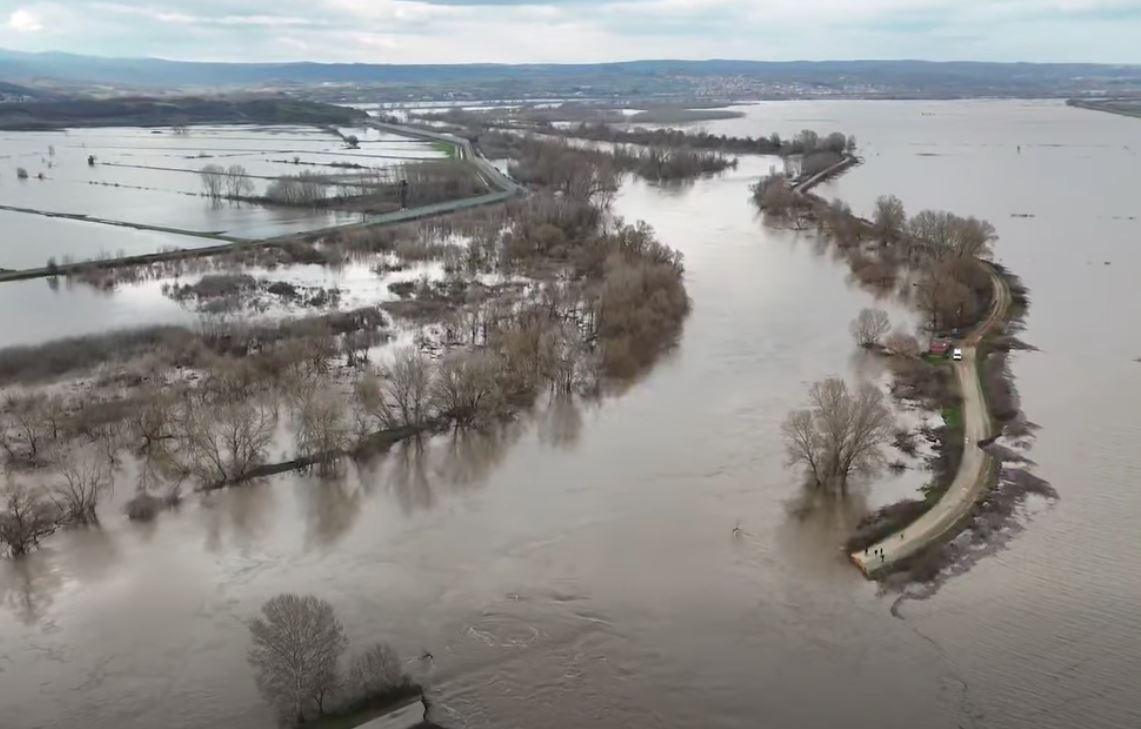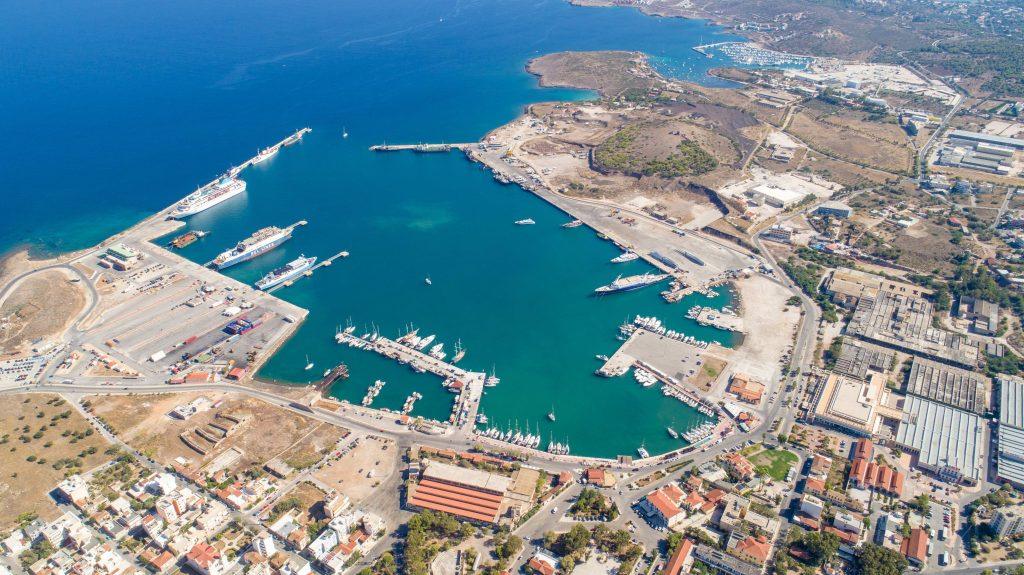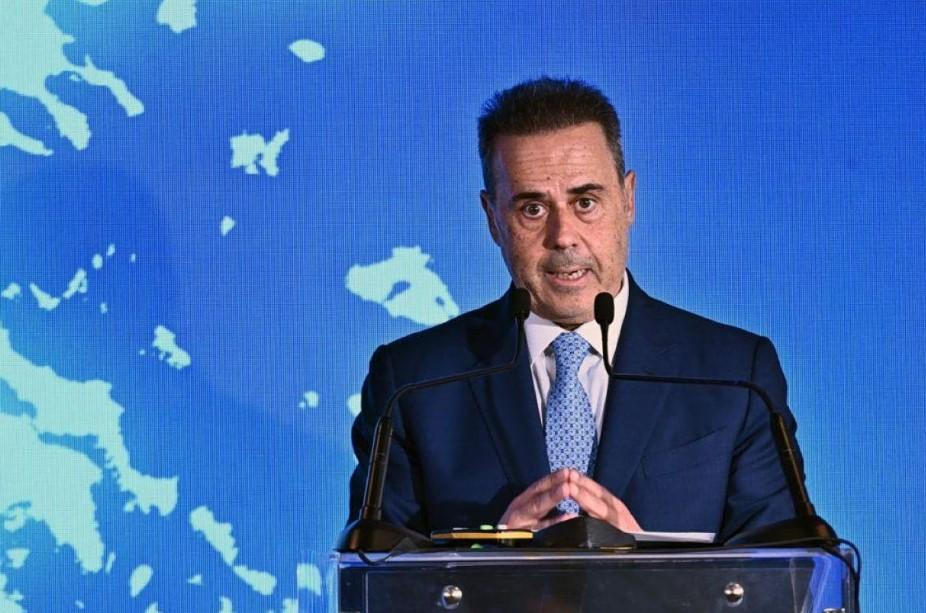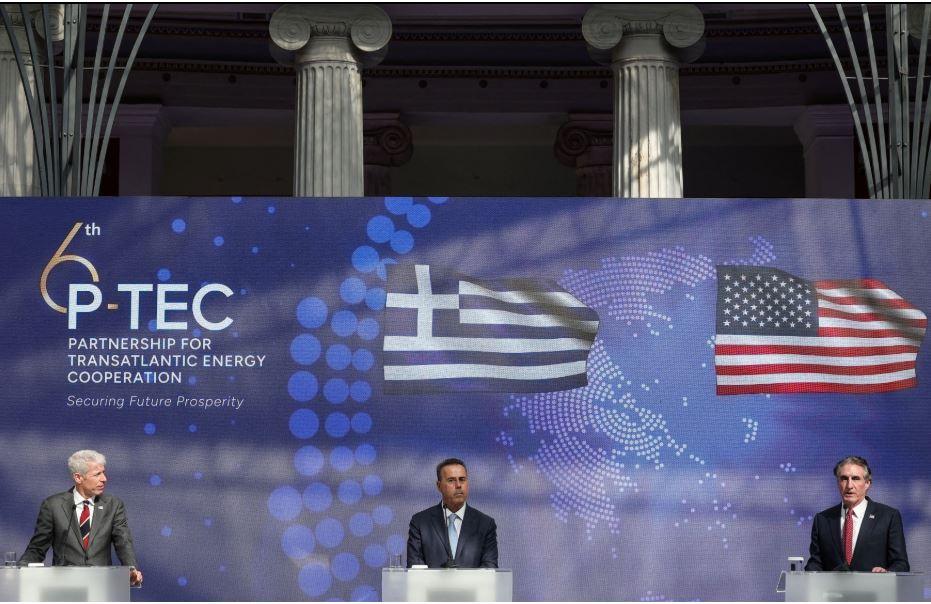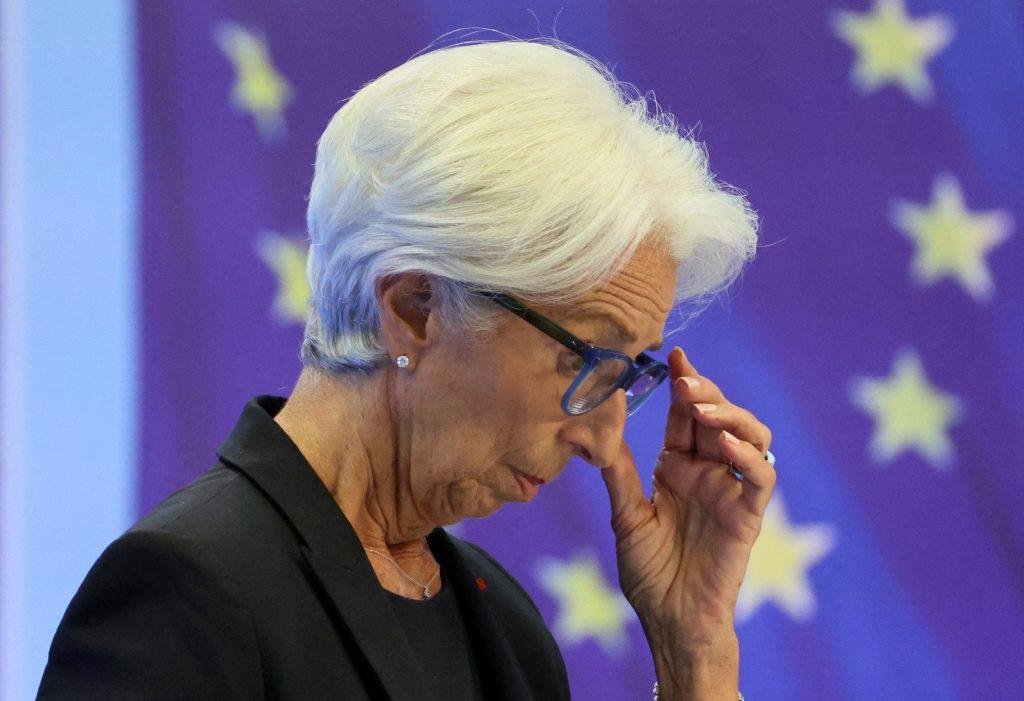The main negotiator with EPP for AI Act, Axel Voss, expressed his hope that “the deployment of AI will further accelerate after the adoption of the AI Act as the technology could play an important role in tackling global problems like climate change, cancer or supply chain disruptions”.
On the other hand, Mr Voss, said that “the European Parliament sends a mixed message: it is an important step forward but it entails also many question marks when it comes to its practical application”. At the same time, he added that his “fear is that we did not do enough in order to promote the opportunities. What is missing is a comprehensive strategy how to foster AI and its deployment”.
“The AI Act installs many additional safeguards and especially the technical documentation will help to shine more light in the AI black box. However, we need to make us aware that no law will guarantee absolute safety” Axel Voss mentioned.
What is the message EP has sent through the vote for AI?
The European Parliament managed to adopt one of the first AI laws worldwide. One that is flexible and cooperative, making it more future-proof than many previous EU digital laws. Due to the time-pressure with the upcoming European elections, the AI Act has however also a rather vague legal text and is creating an over-complicated governance system. Therefore, I would argue that the EP sends a mixed message: it is an important step forward but it entails also many questionmarks when it comes to its practical application.
How useful AI can be for citizens and in which way?
AI is becoming a more and more important element in our daily life. We use it in our cell phones, in our homes or at work. The EU AI Act helps to make the deployment more transparent und will help citizens to better understand when and how AI plays a role. My hope is that the deployment of AI will further accelerate after the adoption of the AI Act as the technology could play an important role in tackling global problems like climate change, cancer or supply chain disruptions.
Is there still any danger for citizens even when the AI Act will be implemented and especially regarding biometrics and fundamental rights?
The AI Act installs many additional safeguards and especially the technical documentation will help to shine more light in the AI black box. However, we need to make us aware that no law will guarantee absolute safety. Think about the prohibitions in Article 5. It is good that certain forms of Remote Biometric Identification are from now on banned but actors with bad intentions will not adhere the law anyway. To better tackle those criminal actors, we need to improve the digital capabilities of our law enforcement authorities and maybe need to also rethink certain criminal law provisions.
Which is the effect of AI to working environment in the future?
AI will heavily transform certain sectors such as the work of translators or graphic designers. For others, I do not see an immediate impact but more of an slow transformative process. What we will probably also see more and more is the use of algorithm with regard to HR questions. Here the AI Act but also the Platform Work Directive might provide already effective additional safeguards. The new Commission will look into this field.
Is EU able to face new challenges and opportunities such as AI ?
The AI Act focusses heavily on risks and should cover most of them. My fear is that we did not do enough in order to promote the opportunities. What is missing is a comprehensive strategy how to foster AI and its deployment. I hope the next Commission will focus their work in this direction.
Source: tovima.com

